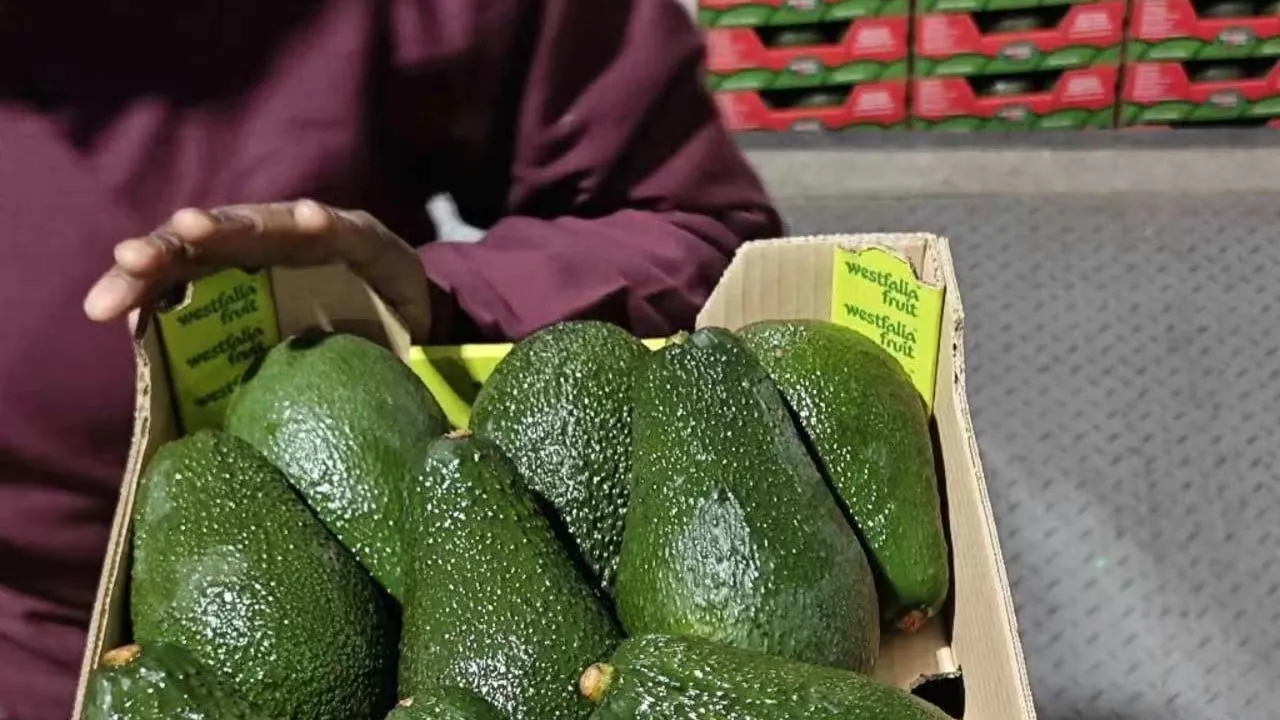South Africa's Avocado Exports to China Grows Amid Global Superfood Demand

South Africa's Avocado Export Boom to China
South Africa has embarked on an agricultural breakthrough as its first shipment of avocados heads to China, responding to rising global demand for this superfood. Wu Peng, the Chinese ambassador to South Africa, announced that over 21,210 kg of fresh avocados left Durban on September 14, marking a pivotal moment in Sino-African trade relations.
This achievement comes after a phytosanitary protocol signed during the 2023 Brics summit. The agreement allows South African producers to meet the strict health standards necessary for entering the lucrative Chinese market. This follows the final approval given by Chinese plant protection authorities after a verification visit to South Africa.
Economic Implications and Market Potential
South Africa is now the third African nation to gain access to the Chinese avocado market, following Kenya and Tanzania. Derek Donkin, CEO of the South African Subtropical Growers' Association, emphasized the enormous potential for growth in this market as Chinese consumers increasingly seek avocados.
However, a significant hurdle remains—the 25% import tariff on South African avocados, which hampers competitive pricing compared to Peru’s tariff-free imports. The heady growth of avocado demand in China reflects broader agricultural export opportunities for South Africa and its neighbors.
Global Trends in Avocado Consumption
The trend of avocado consumption is surging, particularly among the health-conscious middle class in China. As imports grew from negligible amounts a decade ago to 66,000 tonnes in 2023, the Asian market's appetite for avocados highlights shifting dietary preferences.
This initiative aligns with Chinese President Xi Jinping's push for increased agricultural imports from Africa, facilitating supply chains and strengthening trade links. As South Africa capitalizes on these opportunities, the agricultural landscape shifts significantly within the continent.
This article was prepared using information from open sources in accordance with the principles of Ethical Policy. The editorial team is not responsible for absolute accuracy, as it relies on data from the sources referenced.